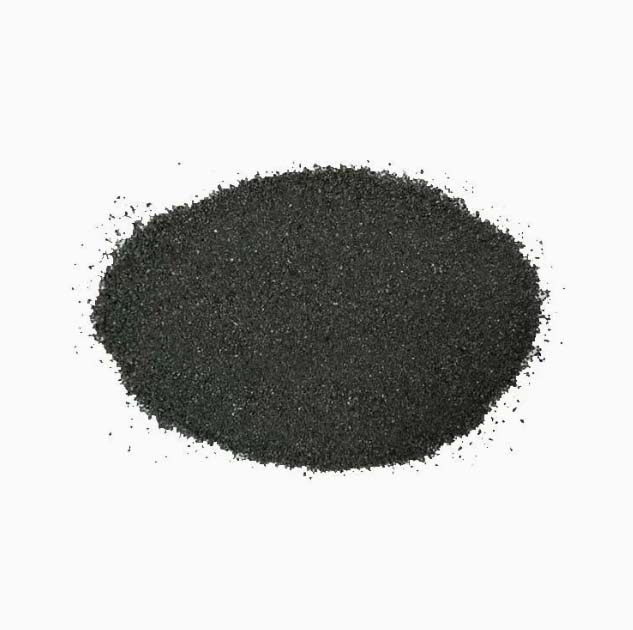
Metallurgical Petroleum Coke (MPC) is a solid, high-carbon byproduct of oil refining. It is used in smelting, electricity generation, and the production of graphite electrodes. It has a lower sulfur content and a higher heating value compared to bituminous coke. It is more energy intensive to burn than coal but does not produce as much ash. This makes it a popular fuel alternative for power plants. It can also be used as a fuel in blast-furnaces to produce steel. This process is both environmentally friendly and stable for the businesses that manufacture it.
This product comes from the delayed-coking technique, in which residues of the conventional refining processes are heated at high temperature and pressure under pressure to remove volatiles. This leaves coke, a solid with a high heating value. It also has a relatively low ash level. It has a dark-brown to black color. It can contain a small amount of metals, sulfur, and elemental sulfur.
Due to its high heating values and low ash contents, coke is used as a fuel for some power stations. It is a good coal substitute and has a calorific value that is about 8000 kcal/kg. This is almost double the value of coal used to generate electricity. This makes it cost-effective when burned in coal boilers with a unit for flue gas de-sulfurization installed. It is also used to feed fluidized bed systems and steam turbines.

The most common application of metallurgical coal is the smelting process for aluminum. It is a fuel that is very efficient for electric arc-furnaces, and it is often used along with recycled aluminium, instead of virgin "bauxite". It can be used as an alternative fuel to natural gas and crude oil in power plants with combined cycle gas-turbines. However, it has not proven to be a viable replacement for fossil fuels.
While coke is used in many different ways, its high levels of carbon and sulfur can pose an environmental risk. It is an important contributor to particulate emission which can be harmful if it is less than 2 microns.
Petcoke handling and storage at some sites could also require a NPDES permit in accordance with Clean Water Act regulations if the potential for runoff to surface waters is high. Members of Congress are concerned about the local petcoke handling and storage in their district, as well possible impacts on human health and the environment from fugitive dusts and runoff into surface waters.
Whether the demand for metallurgical coke increases, remains steady or declines depends on global energy demand, geopolitical tensions, and other factors that can affect crude oil prices. These changes may impact the amount resid which is available to be transformed into coke. This can lead to changes to petcoke production or price.

Write a Message